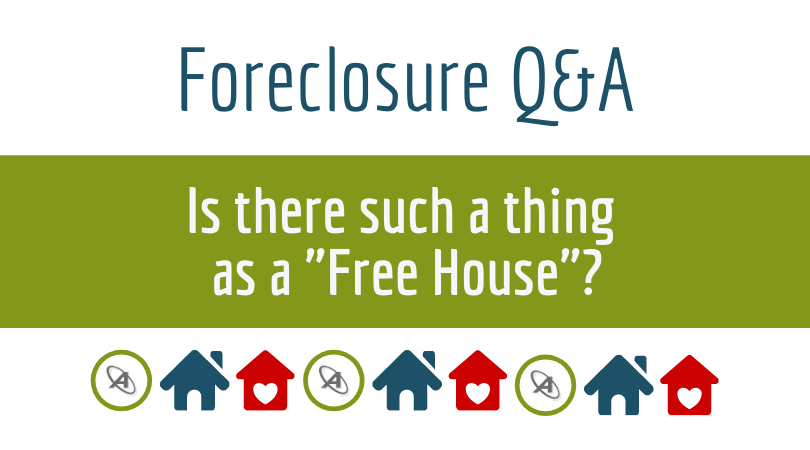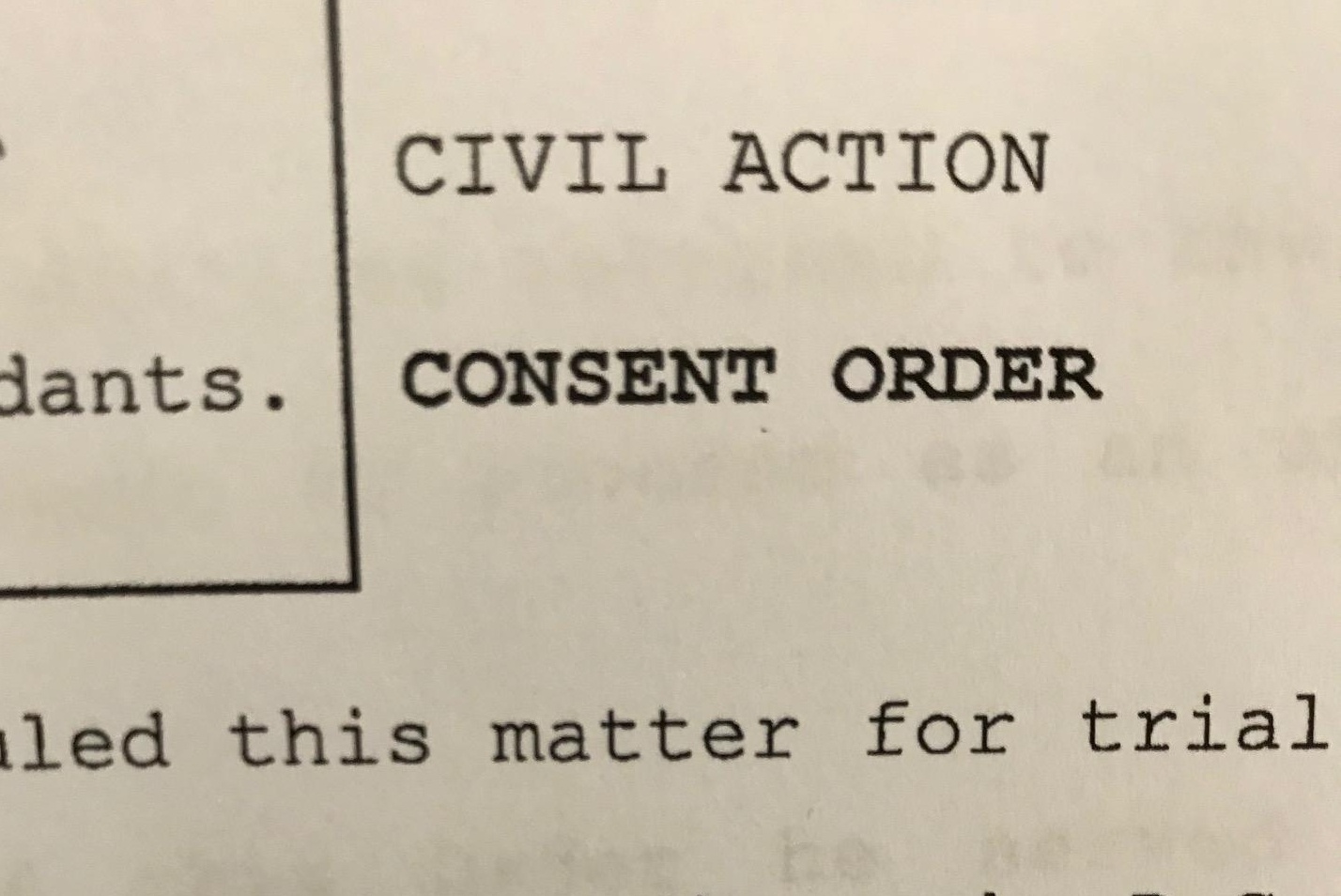The short answer is: not really.
It is highly unlikely that your foreclosure lawsuit will end in you getting your house for free. The only way this could happen, is through multiple oversights on the bank's part. Your lender would have to neglect to file a foreclosure action after you default on your payments of a matured loan AND they would have to neglect filing that action for several years. Each state has its own Statute of Limitations which determines how long the bank has to proceed with the foreclosure of your home.












